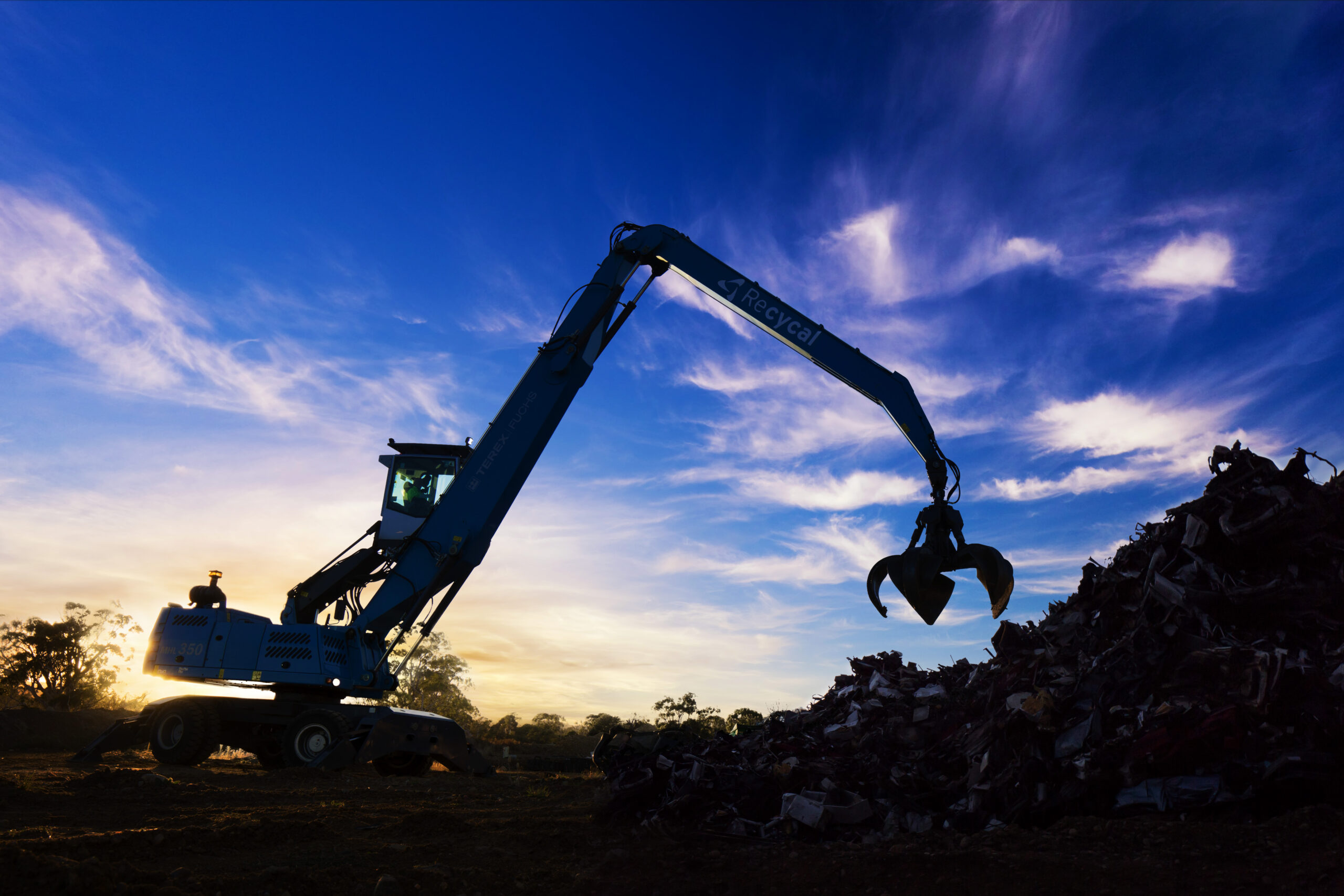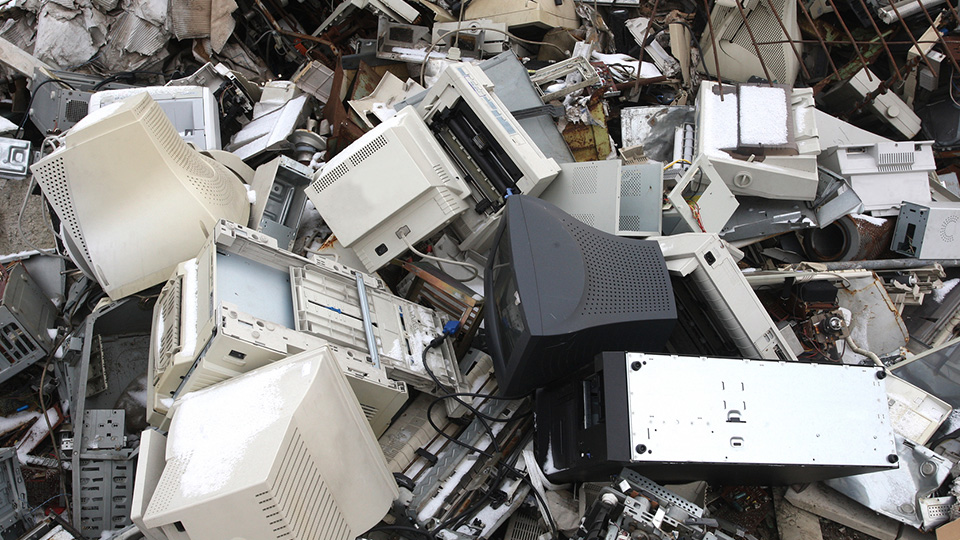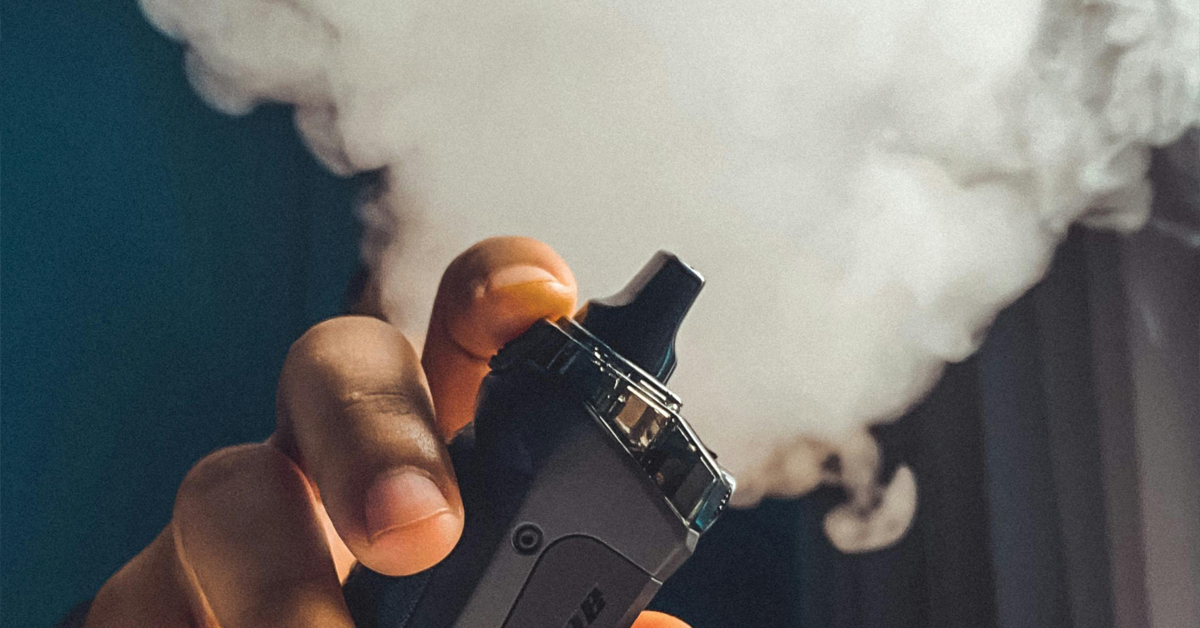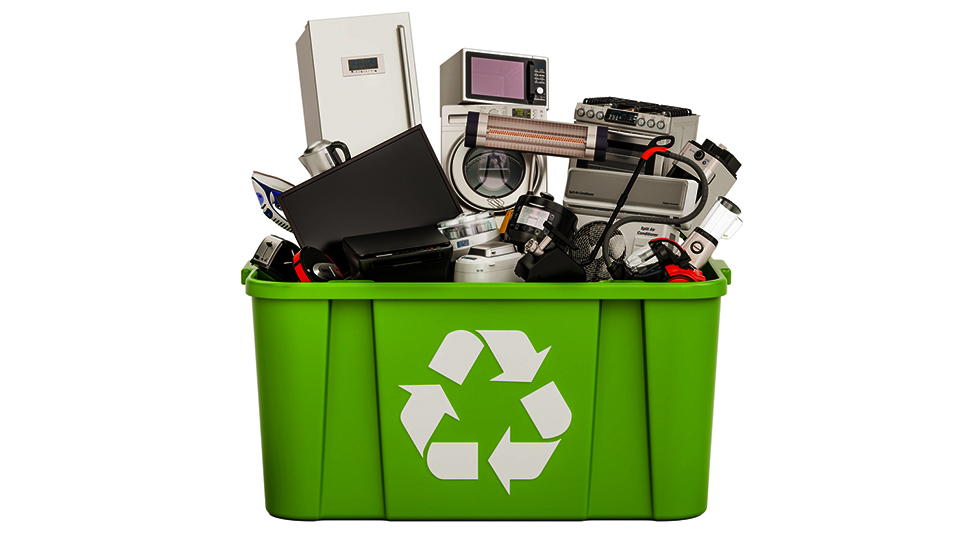EU legislators have started the process to outlaw the use of needless mercury in dental amalgam. In January members of the European parliament also voted in favour of phasing out the manufacture and export of EU banned mercury added lamps by 2025. Thereby, putting an end to double standards. They also requested studies and further work on crematoria, mercury added compounds, as well as other remaining uses of mercury in the EU.
These actions should reduce emissions by up to 10 tonnes of mercury into the environment by 2030. The EU has worked hard to reach a range of objectives with water-related legislation. Armed with this new initiative it will be a further step forward in reducing mercury pollution in European rivers.
In terms of dental amalgam, the proposed phase out date is January 1st, 2025. The only exception is where the use of dental amalgam is deemed strictly necessary by the dental practitioner to meet specific medical patient needs. It did introduce a two-year derogation for those member states where low-income individuals would otherwise be disadvantaged by a phase-out date of January 1st, 2025. Those member states will have to justify their use of the derogation; Importantly, notifying the Commission of the measures they intend to implement to achieve the phase out by January 1st, 2027.
The Australian Dental Industry continues to lag
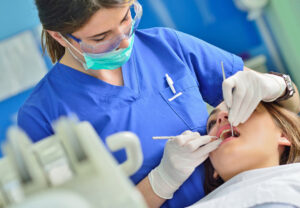
The Australian Dental Industry continues to lag the rest of the world in its management of old amalgam fillings. Doug Rowe, of the Ecocycle group of companies, is disappointed by the lack of progress in this regard. “Sadly, there is still a lot of apathy in the industry about the recycling of these materials. To date we have not seen them banned with still a few dentists are putting their waste into the sewers”
Ecocycle has developed a national collection service and system that can help dentists manage this problem in their practice. “It’s a simple cost-effective filtration system that collects this mercury material at the source.” “Not only is the environment protected but the potential major risks to human health are eliminated”. Doug said.
Ecocycle, can service all the brands of amalgam separators in dental practices. It has invested in a versatile Euorpean amalgam separator that is able to collect amalgam waste to the highest environmental standards. The ECOASO4 separators are a versatile universal unit which can fit all types of suction systems. And have ISO 11 143 certification. They will supply these engineered containers to dentists and exchange them on an annual basis. Ecocycle also offers a comprehensive national service for collection of coarse amalgam, lead tabs, capsules, fixer, developer and x-ray films.
An interesting development
The EU moves to embrace lamps and globes is an interesting development. Sadly, within Australia millions of old light bulbs and lamps are still ending up in landfill each year. The environmental impacts of these products are devastating. For example, just one fluorescent tube can pollute 30,000 litres of water beyond a safe level of drinking. The risk is that when mercury-containing lights are disposed of into landfill, the mercury can leach into waterways and the ocean, where it can end up in the fish we eat.
The Ecocycle group of companies has been one of the pioneers of mercury recovery and retirement in Australia.

